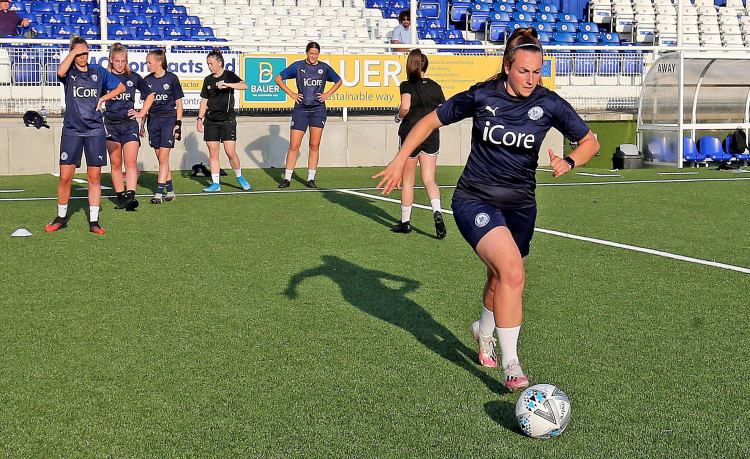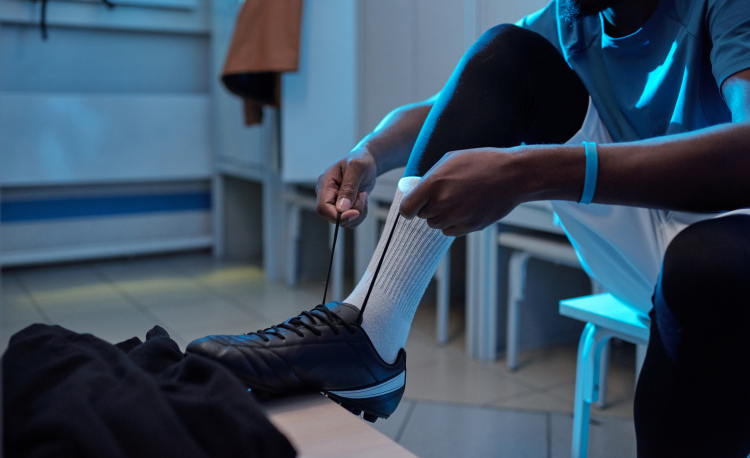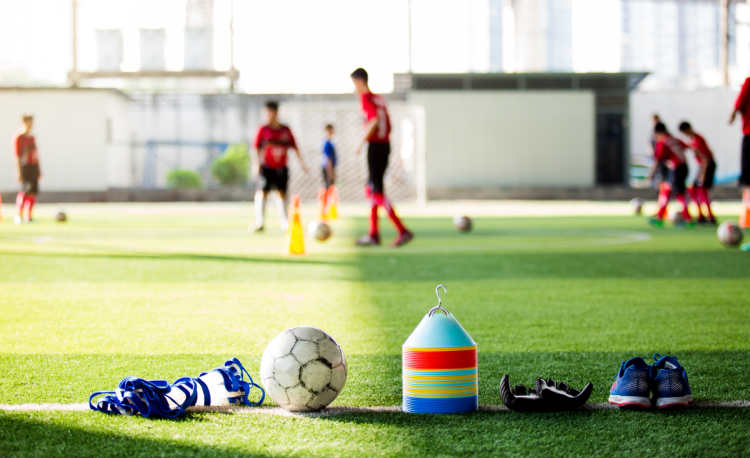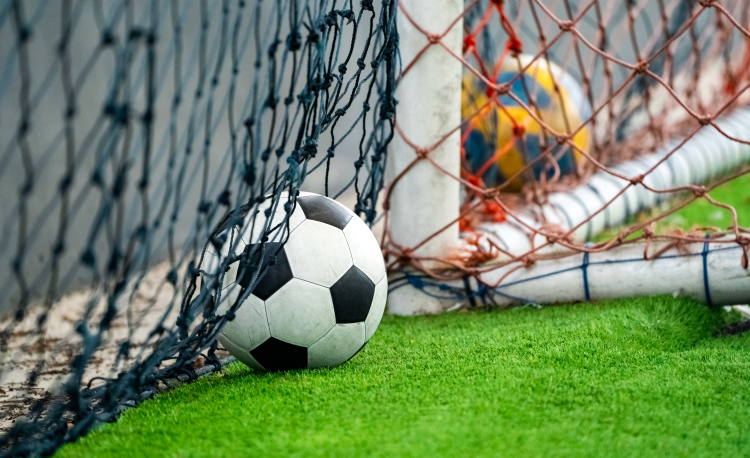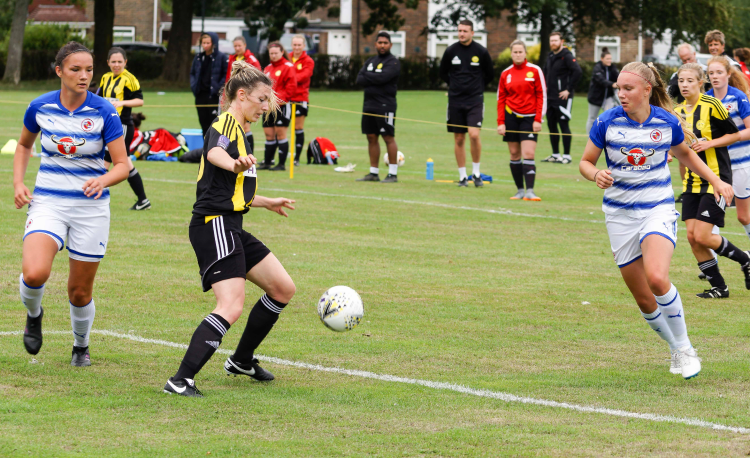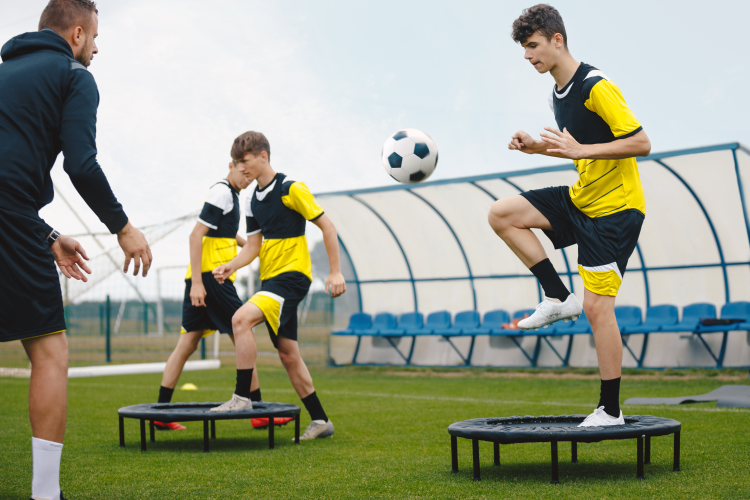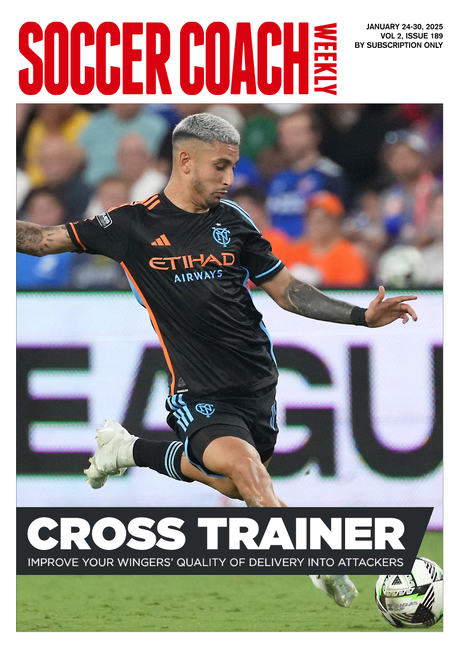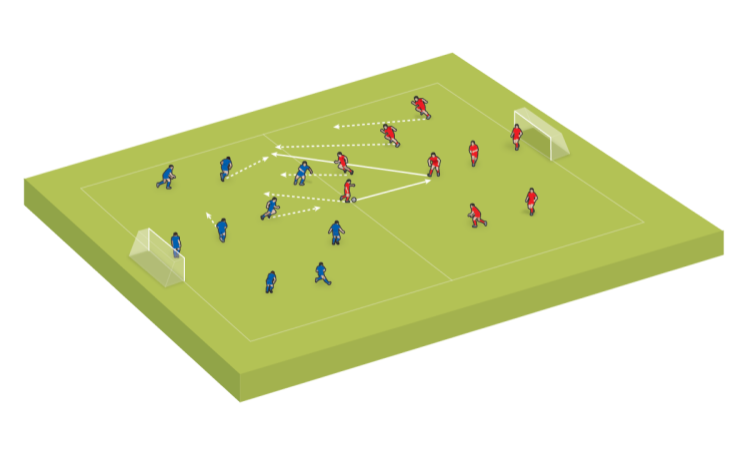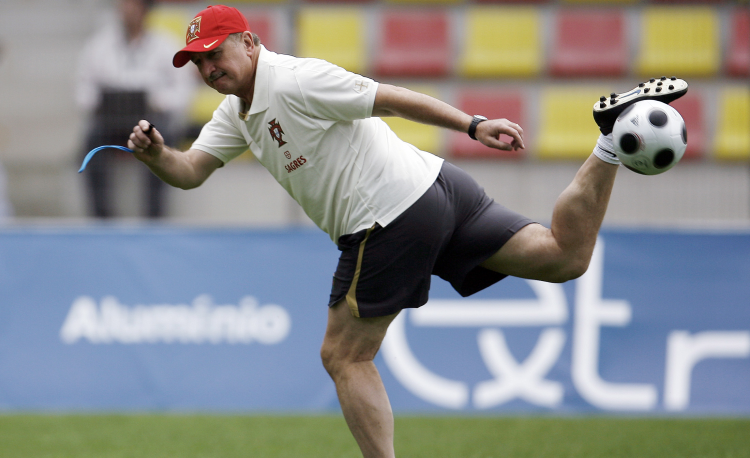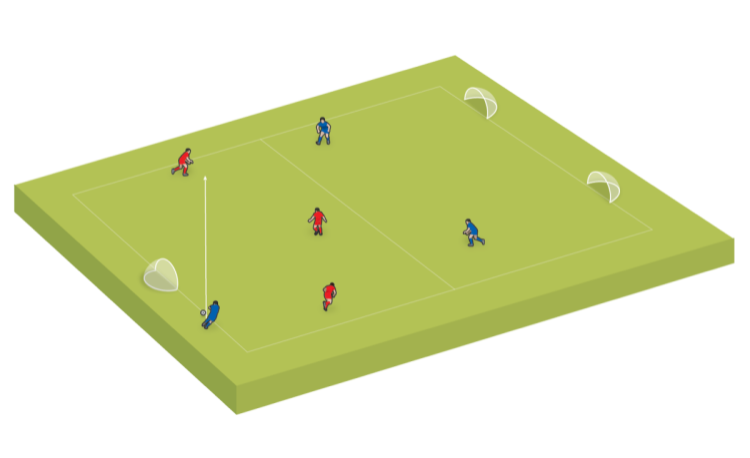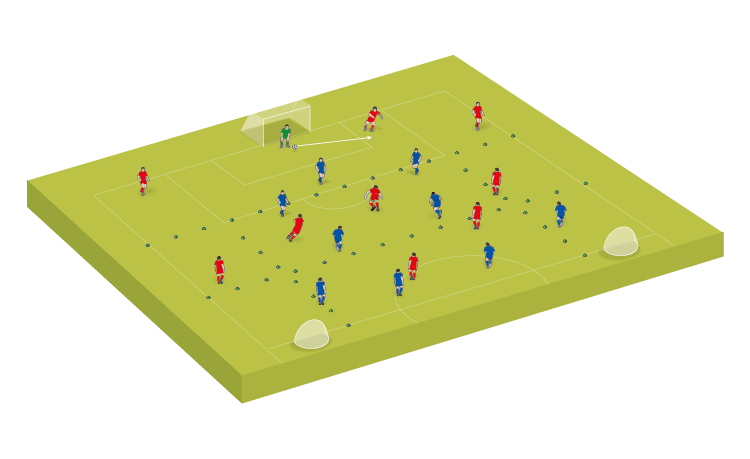The five pillars of an effective pre-season
From getting to know new players and re-establishing old bonds to sorting out logistics and getting everyone on the same page, we discuss a return to action.
Pre-season is a period of preparation that takes place before the start of the regular season.
It follows an off-season, when players and club officials will have had some time away from the game to rest and rejuvenate.
Pre-season usually consists of a number of training sessions to get players fit and working with a ball again. It can also involve meetings, social events, warm-up matches and lots of planning for the season ahead.
It should be a time of excitement, as players, coaches and others involved with the club come back together after a period apart.
Ultimately, pre-season should be used to achieve a number of key things...
Ensuring everyone is comfortable
After some time away, it is only natural that there will be a range of emotions present when people return to a soccer environment.
Players may be excited about getting on the field again or nervous about how much they perceive they have forgotten. They may be looking forward to seeing team-mates again, or apprehensive about what friendship dynamics might be like.
"You might feel a bit out of practice, having not coached for a little while..."
Things may have happened in their lives during their time away that they are having to contend with.
If you work with young players, you should be aware that they may have grown in height or that their bodies may have changed significantly and they may still be getting used to that.
If there are new players joining the team, there may be a whole different set of emotions there.
And of course, it isn’t just the players who have to process a return to action. Parents may have emotions attached to sending their child back to soccer; and, as a coach, you might feel a bit out of practice, having not coached for a little while.
Use pre-season as a time to welcome all of those emotions and give everyone the space to work through them in a safe, fun, caring environment.
Building relationships
If your players have gone from seeing each other a few times a week to not seeing each other at all for a while, it is natural that there will be a lot of catching up to do during pre-season.
They will likely want to share what they have been up to during their time off and hear about how others are doing.
They may also be figuring out where their relationships are; they might be shy and nervous about seeing people again. Any new players will likely be looking to forge new connections and friendships.
As a coach, you need to allow space and time for your players to build and consolidate relationships.
This can be done through dedicated time for chatting and catching up, during breaks for example, or through team-building activities.
Your relationship with your players is also incredibly important. Pre-season is a time for you to find out how each of your players are and gauge how they might be feeling about returning to soccer and the season ahead.
Make time for individual conversations with each of your players. This will put you in the best position to help them going forward.

Getting players used to the game again
During the off-season, it is likely that some of your players will have played soccer casually, whether that’s practising their first touch in their back garden, having a kickabout in the park with their friends or even attending an off-season camp or event.
Some may do this more regularly than others, who may not have touched a soccer ball during their time off.
You will therefore have players coming into pre-season training at different levels – some will be a bit rustier than others in terms of touch and technique.
As a coach, you need to allow all players, no matter what soccer experiences they have had during the off-season, a chance to get used to playing in your environment again.
"Pre-season is a time to gauge how players may be feeling about the season ahead..."
That means lots of touches on the ball and lots of chances to simply play the game.
Sorting out logistics
We all know that there are numerous bits of organisation and administration that go into running a soccer club or team.
Hopefully this doesn’t all fall on your shoulders as the coach and you have a team of helpers around you. In addition, you may well have started some of the organisation work towards the end of the previous season.
Pre-season is a time for continuing that work or starting some bits afresh – whether that is sorting things like pitches, kit, equipment, player registrations or finances.
Getting on top of these things will make sure that everything is as organised as it can be so that when the season starts it is as stress-free as possible.
Ensuring everyone is on the same page for the season ahead
Pre-season usually transitions straight into the new regular season – there is no break between the two.
Therefore, everyone involved with your club or team needs to be ready for what is to come and aware of their role in it all.
The key part of this is everyone understanding what your club or team is about – its principles, beliefs and ways of working.
This needs to be clear to players, coaches, parents, and anyone else involved, and everyone needs to commit to buying into it.
Then, everyone needs to understand their role within this – what are they required to do over the course of the season? Where and when are they expected to be? How are they required to behave?
Set your foundation out as early as possible in pre-season. This will give you something to build on and refer back to as the season goes on.
takeaways: potential pre-season pitfalls!
Related Files
Whether it is from observing what can happen in the elite game, or drawing on our experiences of it as children – there are a lot of pre-conceptions of what pre-season is about.
These can often lead coaches to fall into the following pre-season pitfalls.
’Fitness, fitness, fitness!’
Most youngsters who play soccer tend not to become unfit during the off-season. They will often take part in other sports and games and stay generally fit and active.
The pre-season period is the time they re-connect with the game and re-condition their bodies, getting their muscles and neural pathways used to playing and moving in a soccer way again. It is not about running laps, doing hurdles or completing the beep test.
The type of soccer fitness that you want to develop will be built up naturally over time if you do the appropriate soccer practices and sessions
Also, it is important to consider what impact you can actually have on someone’s fitness in just one or two hours per week.
A player’s fitness is often largely out of your control and the responsibility of the player themselves.
’We must be ready!’
It is really easy to fall into the trap of putting everything on that first competitive game back – believing that everyone must be ‘ready to go’ to put in a top performance and get some points.
The truth is, no-one is ever really ‘ready to go’. Much like pre-season is a build-up, you have to build into a new season, too.
Success in those first few games is about making sure everyone gets a chance to play, to enjoy the game and to get used to it again.
’It’s all about the tactics!’
We might think that pre-season is a time for us to go into tactical genius mode, coming up with our preferred formation and in-possession and out-of-possession strategies and then sharing this with our players.
In fact, none of that should be the focus. It is about getting players used to playing again. Any focus on tactics will likely just overload them unnecessarily.
The principle here is the same as it should be throughout the season – how much tactical information you share and coach is relative to the age and experience of your players, and the environment they are playing in.
Newsletter Sign Up
Coaches Testimonials

Gerald Kearney, Downtown Las Vegas Soccer Club

Paul Butler, Florida, USA

Rick Shields, Springboro, USA

Tony Green, Pierrefonds Titans, Quebec, Canada
Subscribe Today
Discover the simple way to become a more effective, more successful soccer coach
In a recent survey 89% of subscribers said Soccer Coach Weekly makes them more confident, 91% said Soccer Coach Weekly makes them a more effective coach and 93% said Soccer Coach Weekly makes them more inspired.
*includes 3 coaching manuals
Get Weekly Inspiration
All the latest techniques and approaches
Soccer Coach Weekly offers proven and easy to use soccer drills, coaching sessions, practice plans, small-sided games, warm-ups, training tips and advice.
We've been at the cutting edge of soccer coaching since we launched in 2007, creating resources for the grassroots youth coach, following best practice from around the world and insights from the professional game.
